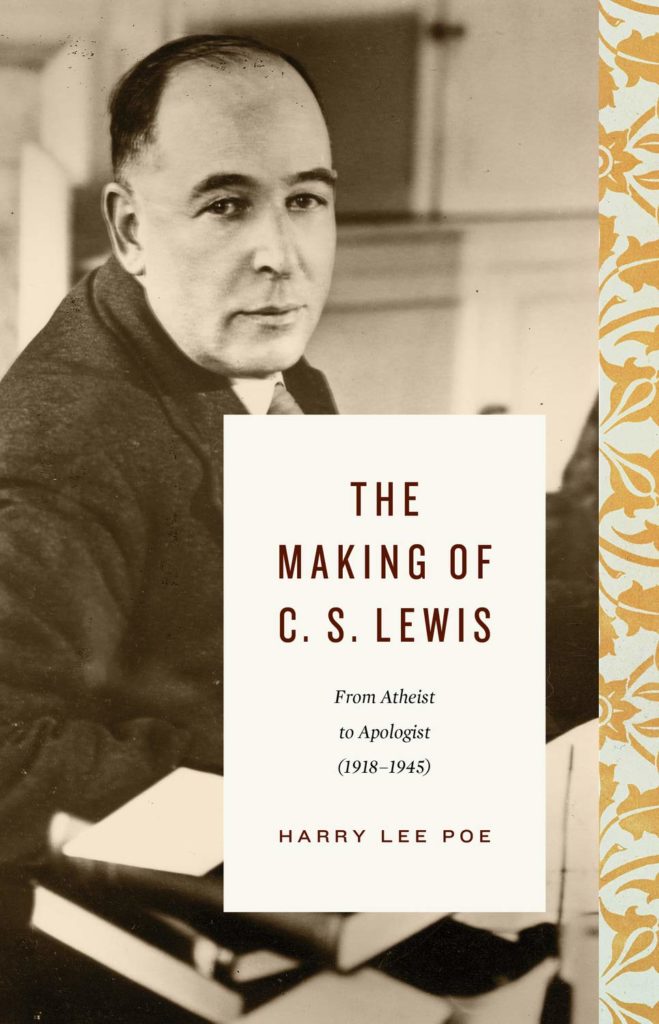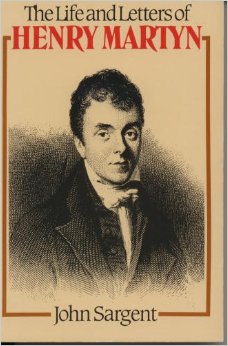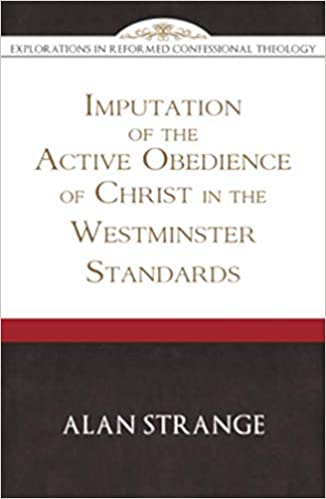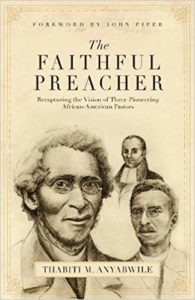Resources on History – Church
The Making of C. S. Lewis: From Atheist to Apologist (1918-1945), by Harry Lee Poe. Wheaton, IL: Crossway, 2021, 399 pages, $32.99. For several years, “deconversions” have been a hot topic on social media as a succession of Christian celebrities—including pastors—have announced their departure from the faith. Apostasy is a tragic but not new phenomenon; one need look no further than the New Testament and Demas (2 Tim. 4:10). While writing this review, I am reading a biography of George Eliot, who abandoned the Christian faith and evangelical doctrine she once ardently espoused. The current interest in evangelical deconversions makes it a good time to examine one of the more remarkable conversions in recent Christian history—that of C. S. “Jack” Lewis.…
Read MoreToday is the 240th anniversary of the birth of pioneer missionary Henry Martyn, born February 18, 1781 in Truro, England. As a young man Martyn excelled in classical and mathematical studies. The tender concern of a believing sister, the pain of his father’s death, and the godly counsel of a Cambridge mathematic’s instructor compelled him to read the New Testament. During his personal study of the scriptures, Martyn came to a living faith in Jesus Christ and was soundly converted. While at St. John’s College in Cambridge, Martyn sat under the preaching of Charles Simeon, vicar of holy Trinity Church. Modern evangelicals, regrettably, have largely forgotten Simeon. Yet, his influence on evangelical history is incalculable. During his 54-year ministry at…
Read MoreImputation of the Active Obedience of Christ in the Westminster Standards, by Alan D. Strange. Grand Rapids: Reformation Heritage, 2019, xviii + 158 pages, $7.79, paper. The doctrine of the imputation of the active obedience of Christ in the justification of believers is vital to Reformed pastoral care. It is the desire of my heart that every sheep in my flock come to the assurance “that they are in the state of grace, and may rejoice in the hope of the glory of God” (WCF 18.1). Active obedience, correctly understood, is a joy and comfort to the believer, assuring him of his right standing before God. God is righteous and requires that all who come before him be righteous.…
Read More(Earlier in the year, I posted a book review of The Faithful Preacher by Thabiti M. Anyabwile. It has now been published in the September issue of Reformed Theological Seminary’s online journal, Reformed Faith & Practice.) __________ One of my goals at RTS Jackson is to introduce students to the “neglected voices” of the evangelical church. I am not the best qualified to remedy this neglect, but have made it my habit to assign readings that will help. One such book is Thabiti Anyabwile’s The Faithful Preacher: Recapturing the Vision of Three Pioneering African-American Pastors (Wheaton: Crossway, 2007). The book presents biographical sketches of Lemuel Haynes, Daniel Payne, and Francis Grimké, along with selected writings. First, Lemuel Haynes. Born in 1753, he…
Read MoreOne of my goals at RTS Jackson is to introduce students to the “neglected voices” of the evangelical church. I am not the best qualified to remedy this neglect, but have made it my habit to assign readings that will help. One such book is Thabiti Anyabwile’s The Faithful Preacher: Recapturing the Vision of Three Pioneering African-American Pastors. The book presents biographical sketches of Lemuel Haynes, Daniel Payne, and Francis Grimké, along with selected writings. First, Lemuel Haynes. Born in 1753, he was abandoned by his parents when only a few months old. He became an indentured servant to a Connecticut family who treated him as their own child, and where he was to receive the blessings of family…
Read MoreMichael A.G. Haykin gives a concise and inspirational account of the life and work of William Carey, English missionary to India and often called “The Father of Modern Missions.” Reformed theology was the solid foundation of Carey’s ministry. Haykin explains: In his theology, Carey married a deep-seated conviction regarding God’s sovereignty in salvation to an equally profound belief that in converting sinners God uses means.… Without understanding Carey’s consistent delight in Calvinism throughout his life, we cannot understand the man, his motivation, or eventually the shape of his mission. (43–44) One example of Carey’s firm grasp of the doctrines of grace appears when he writes that one “may well expect to see fire and water agree, as persons with…
Read More


